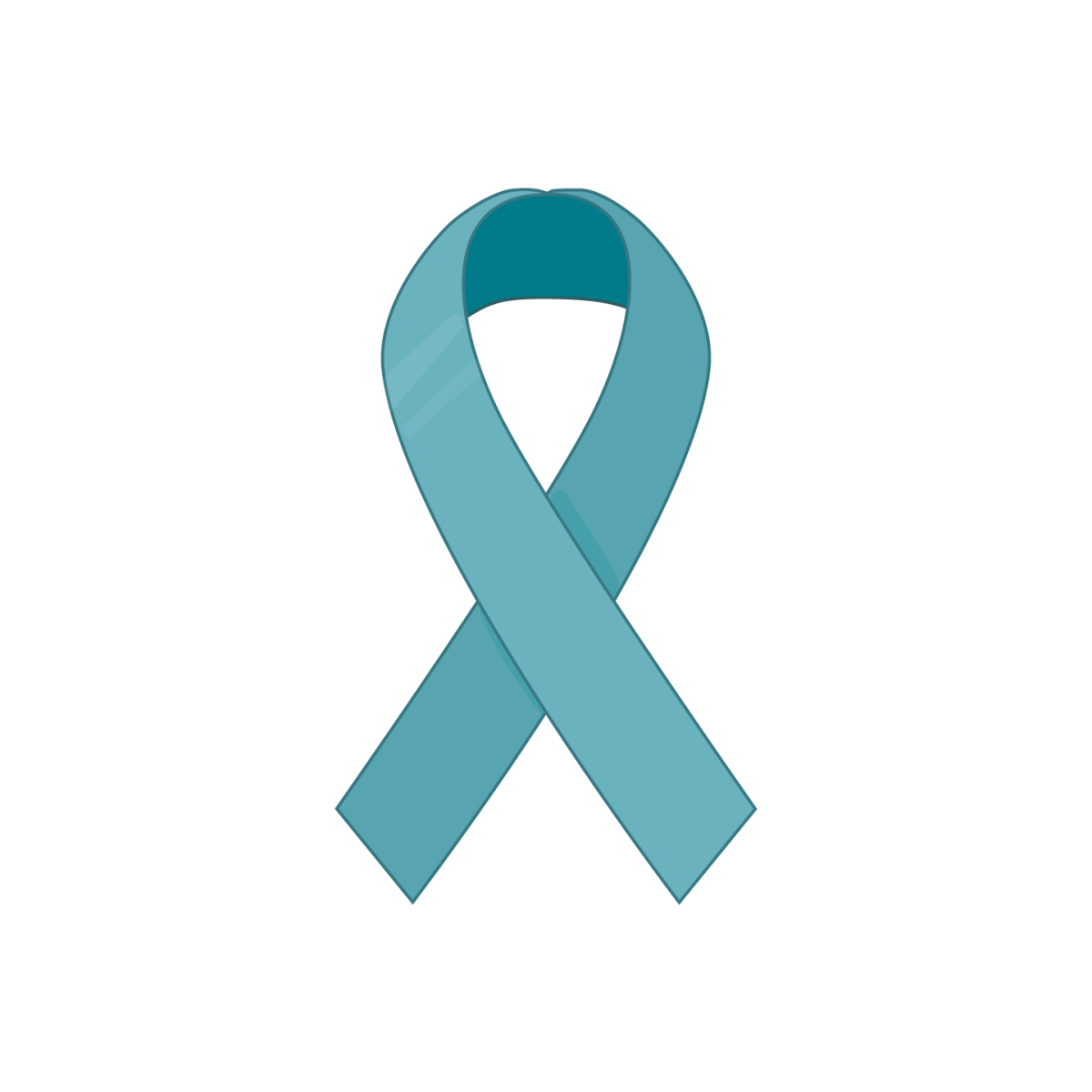We fail when our systems fail because we make them.
The idea that our judicial system will triumph all evil doings is compromising and can potentially disintegrate the power and purpose this system holds. From the police officer on the ground, to the judge on the bench, people put faith in the idea that justice will be served, and life and property will be protected. The dangerous part about our justice system is that we place our trust in an idea that these components of the system will operate according to the 14th Amendment. This idea falls on deaf ears by those who benefit from it, but destroys the integrity and psyche of those who are assaulted by its failure. If an appraiser were to audit the judicial system, its value would be significantly less than its worth.
Law enforcement plays a crucial role in the lives and safety of society; I also see how it is flawed. Police officers work 24/7, in uniform or not, to uphold such principles. Dynamic environments, complex interactions, and prompt responses are the constant duty men and women courageously take on. People under the jurisdiction of authoritative figures carrying, sometimes lethal, weapons can be suspicious and weary because of the fine line of abusive power that can be crossed. This was apparent to me, when my father was pulled over while driving in Arizona with my brother and cousin from a Major League Baseball’s game. My father asked the officer, “Why did you pull me over?” The officer ignored his question and ordered him to exit the vehicle and perform a sobriety test; there was no attempt to provide a satisfactory answer.
Ultimately, my father was not written a ticket but left angered, ignored, and humiliated for being exploited by a white officer, while my brother and nephew were left in the back seat, clueless and innocent. They were beginning to understand why my father’s question was ignored by those that are supposed to have the answers. Questioning “why” charges authority to find reason. Questioning “why” can also refute the right to challenge authority. We should never find inappropriate abuse of power as justification for the purpose law enforcement embodies.
We can point fingers, develop reasoning, and speculate the progression of my father’s encounter, and if you did just that- you missed the point. Why was my father pulled over, why was Trayvon Martin pursued, why was Michael Brown shot, why was Vonderrit Myers profiled? When we ask “why”, we seek context, deeper meaning and intangible discrepancies that a police report, newspaper article and autopsy report cannot determine. When we question “why” we discover the baggage people carry. That baggage is attained through experiences that should not seep into our workplace. But let’s be real, judges can be biased, impressionable, and are influenced by external factors that they are not supposed to carry into the courtroom- but they do. Failing to question “why” procures conviction to immorally demonize, objectify and degrade the value of someone’s life story. Performing a comprehensive analysis of one’s self and others by identifying all possible shortcomings, beliefs and outlooks on life is what makes us human- not perfect.
Probationary officers play a subtle, yet vital role in securing the transition from incarceration to reality. These members of the judicial system must contextualize offenders. Interacting with people who made mistakes, got caught, and have dealt with repercussions is a tiring job for 90,000 plus professionals in the U.S. How many times do college students indulge in illegal activities like narcotic use, underage drinking, and academic dishonesty? Students are no different from the 1 in 3 black males serving time for nonviolent crimes; you just have not been caught. It is known that black males are disproportionately incarcerated; the transition from prison to real life is not smooth. In reality, it’s inexplicably impossible to return to normalcy. I find it troubling when the job outlook for probation officers is plentiful because “many people leave the occupation each year”. I attribute this to my uncle’s observation, a probation officer, that the men he serves are defeated before re-entry. Even when these individuals have re-entered normalcy, normalcy is not achieved when every employer requests previous felony charges. Meanwhile, debts have accumulated and families are severed.
Justice is based on perspectives. People formulate these perspectives that are often times biased and wrapped up in the distracting complexities of the human race, sealed with the pledge to believe in “liberty and justice for all”.
Charging the judicial system with assault is nameless. America’s judicial system was made, and is upheld, by people. People are to blame when justice is not served; people are to blame for abusive police power; people are to blame when we fail to contextualize each other. Trusting in ideas and systems are cop-outs to recognizing and analyzing the role we individually play into upholding and operating within these systems.
When systems are designed to oppress, when will we stop believing in valueless ideas, and become critical of each other because we made it?










